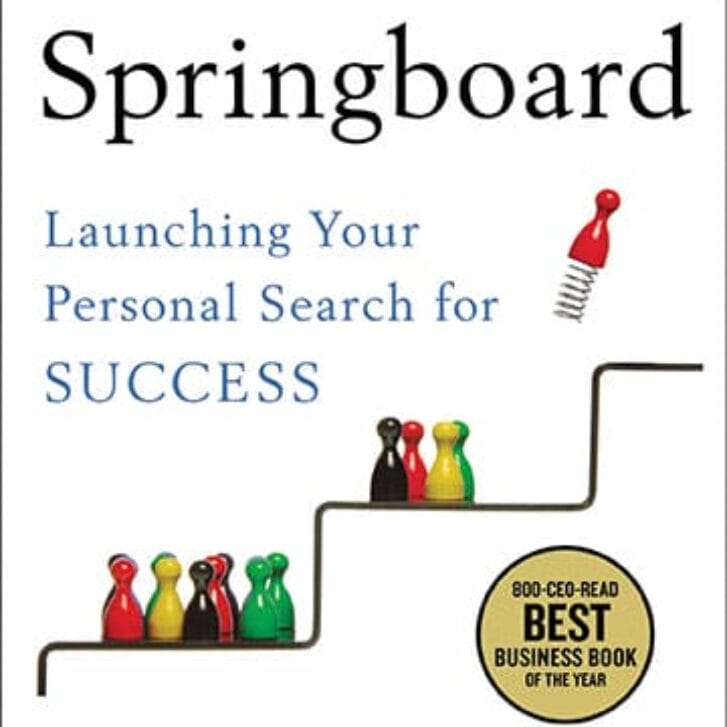Sally Poblete WG00 has been at the intersection of health care and entrepreneurship her entire career. For a while, though, the ratio had been more to the health care side. But she always knew she would get back to entrepreneurship. Now she has.
She realized opportunity was upon her with the passage of the Patient Protection and Affordable Care Act (ACA) in 2010. For the eight previous years, she had been working at Anthem where she gained an appreciation for the value of health insurance. What the ACA has done, she realizes, is spur the “revitalization” of the health care insurance industry; the law’s requirement that all Americans have health insurance will drive more and more consumers to the market.
“Yet [health care insurance] and the industry overall is quite complex,” she says. “It’s like a foreign language to many people.”
That equals opportunity for someone like Poblete who can help consumers and employers navigate this complex industry in the changing post-ACA world.
Poblete’s solution is a cloud-based e-commerce marketing platform called Wellthie that facilitates match-making between health insurance companies and individuals and businesses. Her keys to success are a great design and a customer analytics engine that personalize the customer experience. Also critical is helping buyers understand how to get the most from the insurance they’re purchasing, whether it’s making sense of networks or pharmacy benefits, out-of-pocket expenses or wellness add-ons.
New York City-based Wellthie has scored some considerable metrics since Poblete founded it in 2013. The platform has generated half a million quotes, helping that many consumers work through the tough decision-making process of buying insurance. Wellthie is working in four markets and serving several health plan clients, totaling 5 million lives across all of them.
They are early in their funding, though Wellthie has received funds from both angel investors and venture capital firms like Healthy Ventures, whose founders are Wharton alumni Anya Schiess WG05 and Enmi Kendall WG05 (and whose story we told in the “Dynamic Duo of Digital Health Care Deals.”)
Potential for growth comes largely for two reasons. First, individuals have choice where they buy their insurance and don’t have to go to Healthcare.gov. About 11 million Americans already have, sure, but another 9 million have purchased individual plans elsewhere outside of employer-sponsored programs. The goal is to provide consumers with an e-commerce experience that rivals the ones they undertake when purchasing home goods, books or clothing, and a small private firm like Wellthie can move quicker and more effectively toward better experiences than the government exchanges could.
“How consumers purchase is quite dynamic, and they are seeking the best experience,” Poblete says. “They’ll go to wherever those experiences are simple and satisfying and not stressful.”
Second reason: Poblete foresees employers shifting away from health insurance coverage that is “provided for and paid for.” Perhaps, for instance, employers will simply provide health savings accounts or other funds, which employees then use to purchase insurance on their own. In other words, there will be more consumers for Wellthie to help insurers market to.
Despite the excitement of Wellthie’s potential and the overall promise of digital health, Poblete is familiar with the challenges.
“The health care industry as a whole is slow to change,” she says, noting how it can be time consuming to build partnerships with stakeholders and regulators.
“Health care is just one of those industries … it just takes a while for the entrenched players to adopt new technologies,” she adds. “I am optimistic that it will speed up.”


























